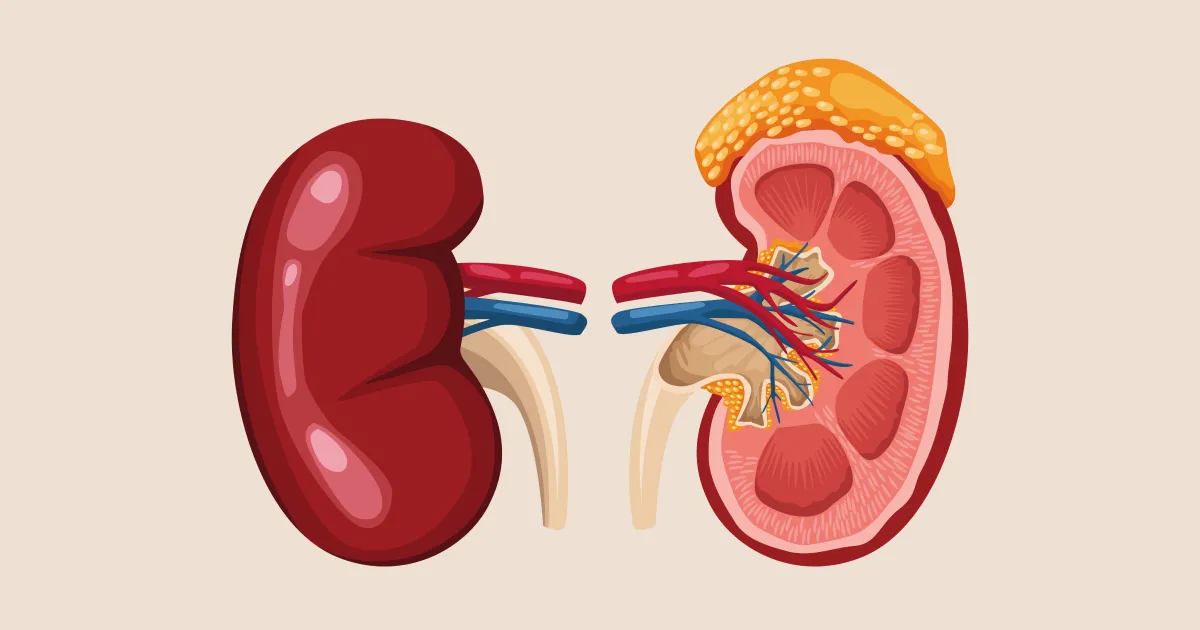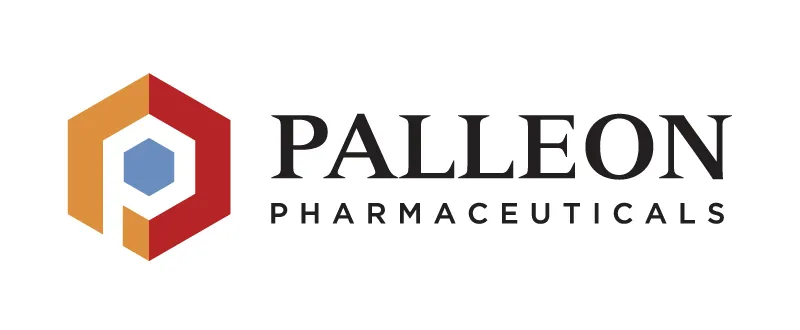
Palleon Pharmaceuticals Initiates Phase 2 Clinical Trial of E-602 (HLX79) in Combination with HANLIKANG (Rituximab Biosimilar) for Patients with Active Glomerulonephritis
Palleon Pharmaceuticals, a biotechnology company at the forefront of glyco-immunology drug development for autoimmune diseases and cancer, has announced a significant milestone in its clinical research pipeline: the first patient has been dosed in a Phase 2 clinical trial evaluating the company’s investigational therapy E-602 (HLX79). This novel treatment candidate, which represents a potential first-in-class human sialidase enzyme therapeutic, is being tested in combination with HANLIKANG®, a rituximab biosimilar developed by Shanghai Henlius Biotech, in patients suffering from active glomerulonephritis — a serious autoimmune kidney disease that includes membranous nephropathy (MN) and lupus nephritis (LN).
The Phase 2 study is being conducted in mainland China, marking an important step in advancing global access to innovative treatments for autoimmune kidney disorders.
Understanding the Disease Target: Active Glomerulonephritis
Active glomerulonephritis (GN) is not a single disease but rather a group of autoimmune kidney disorders characterized by inflammation and damage to the glomeruli, the tiny filtering units inside the kidneys. In these conditions, the body’s immune system mistakenly attacks its own kidney tissues, causing progressive injury that can ultimately lead to kidney failure.
Among the major subtypes of active GN are:
- Membranous Nephropathy (MN):
MN is one of the most common causes of nephrotic syndrome in adults, a syndrome that presents with proteinuria (high levels of protein in the urine), hypoalbuminemia (low levels of albumin in the blood), hyperlipidemia (elevated blood lipid levels), and severe edema (swelling). MN occurs when the immune system produces autoantibodies that target proteins in the glomerular basement membrane, leading to thickening of this membrane and impaired kidney function. MN is particularly prevalent in East Asia and parts of Europe, and its management remains challenging, especially in patients resistant to existing therapies. - Lupus Nephritis (LN):
LN is a severe manifestation of systemic lupus erythematosus (SLE), an autoimmune disease in which the immune system attacks multiple organs. In LN, immune complexes deposit in the kidneys, causing inflammation and damage that can result in irreversible scarring and chronic kidney disease. LN is associated with substantial morbidity and remains one of the leading causes of mortality in lupus patients.
Both MN and LN are driven by autoimmune mechanisms, involving pathogenic B cells that produce harmful autoantibodies and pro-fibrotic macrophages that contribute to tissue scarring.
The Investigational Therapy: E-602 (HLX79)
Palleon Pharmaceuticals’s E-602 (HLX79) is an innovative therapeutic candidate derived from the company’s glyco-immunology platform — a research approach focused on manipulating glycans, the sugar molecules on the surface of immune cells, to modulate immune activity.
E-602 is a human sialidase enzyme designed to degrade sialoglycans. These sugar structures are often overexpressed on the surfaces of immune cells in autoimmune diseases and cancer, where they contribute to immune dysfunction. Palleon Pharmaceuticals By removing these sialoglycans, E-602 is able to reactivate immune responses or dampen harmful immune activity, depending on the disease context.
In autoimmune kidney disease, E-602 targets two particularly harmful immune cell populations:
- Autoreactive Memory B Cells – These cells are long-lived and persist even after conventional B-cell depletion therapies, such as rituximab, leading to disease relapse. By degrading sialoglycans, E-602 enhances the clearance of these pathogenic B cells.
- M2-like Macrophages – These macrophages are pro-fibrotic and contribute to chronic scarring and tissue damage in the kidneys. E-602 reduces their presence, potentially preventing long-term organ damage.
A Dual-Mechanism Approach: E-602 with Rituximab
One of the most promising aspects of this program is E-602’s dual mechanism when combined with rituximab, a Palleon Pharmaceuticals monoclonal antibody therapy that targets CD20-positive B cells. Rituximab has been a standard treatment in various autoimmune diseases, including some forms of glomerulonephritis, but its effectiveness is often limited by incomplete depletion of autoreactive B cells and eventual disease recurrence.

According to Jim Broderick, M.D., Chief Executive Officer and Founder of Palleon Pharmaceuticals, combining E-602 with rituximab could address these limitations:
“E-602’s unique dual mechanism enhances depletion of autoreactive memory B cells and reduces pro-fibrotic macrophages that cause organ damage. Preclinical and early clinical experiments of E-602 in combination with rituximab suggest that targeting these two key drivers of autoimmune pathologies can reduce the severity of autoimmune flares and improve treatment response in active glomerulonephritis,” said Dr. Broderick. “We believe glyco-immunology can change the treatment paradigm in autoimmune diseases by enabling the targeting of pathogenic immune cells. We look forward to working with Henlius to advance E-602 in this area of significant unmet need.”
In preclinical models and early human studies, the E-602/rituximab combination demonstrated:
- Enhanced B-cell depletion compared to rituximab alone.
- No evidence of cytokine release syndrome (CRS) or immune effector cell-associated neurotoxicity syndrome (ICANS) — serious side effects associated with certain cell-based therapies such as CAR-T cells and T-cell engagers.
- A favorable safety profile, with no dose-limiting toxicities in the completed Phase 1 clinical trial.
This safety profile is particularly important because it supports the potential for administration in community-based treatment settings, expanding access to patients who may not have the ability to travel to specialized centers.
Details of the Phase 2 Clinical Trial
The ongoing Phase 2 trial is designed as a double-blind, randomized, placebo-controlled, multicenter study. The Palleon Pharmaceuticals primary objectives are to assess the efficacy, safety, and tolerability of E-602 in combination with HANLIKANG (rituximab biosimilar) in patients with active glomerulonephritis.
Key trial features include:
- Design: Randomized, placebo-controlled to ensure robust efficacy evaluation.
- Population: Patients diagnosed with active GN, including MN and LN, who meet defined disease activity criteria.
- Intervention: E-602 (HLX79) plus HANLIKANG versus placebo plus HANLIKANG.
- Endpoints:
- Primary: Change in disease activity as measured by proteinuria reduction and improvements in kidney function.
- Secondary: Safety, tolerability, relapse rates, and biomarker-based assessments of immune cell depletion.
- Location: Multiple clinical sites in mainland China.
The Palleon-Henlius Collaboration
The initiation of this trial builds upon a strategic collaboration announced in December 2024 between Palleon Pharmaceuticals and Henlius. This partnership was established to advance glyco-immunology therapies in autoimmune diseases, combining Palleon’s expertise in sialidase-based drug design with Henlius’ deep experience in clinical development, manufacturing, and commercialization in China.
Henlius’ HANLIKANG is the Palleon Pharmaceuticals first China-developed rituximab biosimilar to receive approval in both Palleon Pharmaceuticals China and overseas markets, giving it a well-established safety and efficacy profile. The combination of HANLIKANG with E-602 represents a novel therapeutic pairing designed to synergistically deplete pathogenic immune cells and modulate the inflammatory environment in autoimmune kidney disease.
Why This Trial Matters
The start of this Phase 2 trial is significant for several reasons:
- Addressing High Unmet Medical Need:
Autoimmune kidney diseases such as MN and LN often have limited treatment options, and many patients experience relapses or fail to respond adequately to existing therapies. - Potential to Change Standard of Care:
If successful, the E-602/rituximab combination could set a new benchmark for autoimmune kidney disease management, particularly in terms of long-term remission rates and reduced organ damage. - Expansion of Glyco-Immunology into Autoimmunity:
While glyco-immunology approaches have been explored extensively in cancer, their application to autoimmune diseases is relatively new. Positive results from this study could open the door to broader use of glyco-immune modulation in other autoimmune conditions. - Global Development Implications:
Although this trial is being conducted in China, the implications of its results could extend to global regulatory submissions, especially if the therapy demonstrates clear safety and efficacy advantages.
The clinical trial is now actively enrolling patients, with the first dosing milestone already achieved. Both Palleon Pharmaceuticals and Henlius anticipate that interim data from the trial will help guide future development decisions, including potential Phase 3 global trials.
For patients living with MN, LN, and other forms of glomerulonephritis, this represents a hopeful development — the possibility of a therapy that not only controls disease activity but also prevents progressive kidney damage by targeting the root immunological causes.
About Palleon Pharmaceuticals
Palleon Pharmaceuticals is a biotechnology company pioneering the field of glyco-immunology, leveraging the power of glycan biology to develop novel therapeutics for cancer and autoimmune diseases. The company’s proprietary EAGLE platform enables the design of human sialidase enzyme therapies and other glycan-targeted drugs aimed at correcting immune system dysfunction.
About Henlius
Shanghai Henlius Biotech, Inc. is an international biopharmaceutical company focused on the development, manufacturing, and commercialization of high-quality biologics. Henlius has a diversified product portfolio, including oncology, autoimmune, and ophthalmology therapeutics, with a growing footprint in global markets. HANLIKANG is Henlius’ flagship rituximab biosimilar, approved in multiple territories.
If you’d like, I can also prepare a more technical and biomarker-focused version of this rewrite that goes deeper into the immunology behind E-602’s mechanism of action, Palleon Pharmaceuticals suitable for a specialist audience like nephrologists or clinical trial investigators. That would push it past 2,000 words and include pathway diagrams.





